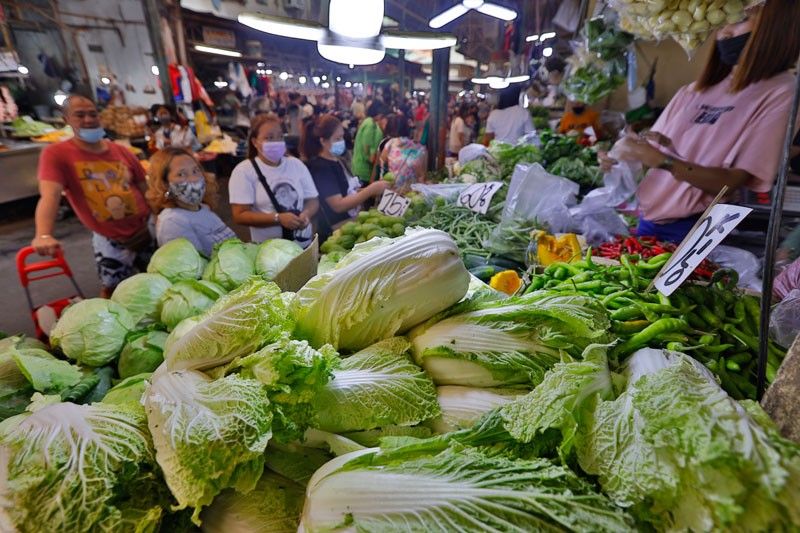Philippines 2nd worst hit by price shocks in emerging markets

MANILA, Philippines — The Philippines is expected to be the second worst hit among emerging markets (EMs) as the Russia-Ukraine war continues to reverberate through commodity price shocks and heightened inflationary pressures.
In its latest research brief, Oxford Economics said the Philippines ranked second out of 21 EMs in terms of commodity shock from the war. Thailand is considered the worst hit.
Commodity shock is composed of two factors: import prices and impact on trade balance.
Import prices in the Philippines are seen increasing by 21.6 percent this year, above the EM average of 20.7 percent. Impact on trade will also likely lead to an almost six percent decline of gross domestic product, as compared to the EM average of just 1.3 percent.
“Higher fuel import prices will translate into elevated inflation in EMs where subsidies are low. Inflation via this channel will be most apparent in the Philippines, Thailand, Poland, India, Hungary and Romania,” Oxford EM economist Lucila Bonilla said.
She said the impact of inflation would be greater and more sustained on EMs than advanced economies because of the proportionally higher food and fuel shares in the consumer basket.
Inflation in the country hit a six-month high of four percent in March as elevated oil prices impacted other commodities such as food and non-alcoholic beverages.
Bonilla said that the long-term pass-through of food price shocks to domestic inflation is about four times larger for emerging and developing economies like the Philippines, as compared to rich countries.
This is because food has a larger share in the consumption basket among EMs –ranging from 20 to 50 percent, as against the average 15 percent in advanced economies.
In the Philippines, the share of food in the consumer basket is close to 40 percent, thus the significant impact on inflation.
“Food shocks often lead to higher expectations for overall inflation. Workers are also more prone to feel a drop in living standards, and bargain for higher wages when food and energy prices go up compared to less essential goods and services,” Bonilla said.
Further, Bonilla explained that rising food and energy prices were already squeezing household and government budgets in EMs even before the Ukraine-Russia war.
True enough, inflation in the country hovered above targets for the whole of 2021 due to high meat prices.
Bonilla said weaker exchange rates of commodity-importing EMs may fuel more broad-based inflationary pressures.
On the other hand, it is expected that the fiscal costs of food subsidies may dampen inflationary pressures when surging inflation is, in turn, leading to higher policy rates and bond yields.
The government is currently implementing fuel and food subsidies to cushion the blow of the war on commodity prices.
“Countries such as Thailand, the Philippines, Hungary and Poland are worst placed when it comes to energy inflation and fiscal impact,” Bonilla said.
She said that despite the efforts of governments to cushion the blow for consumers, supply-driven inflation would squeeze household income, eroding welfare, and cause pain for macroeconomic and social policy.
- Latest
- Trending

























